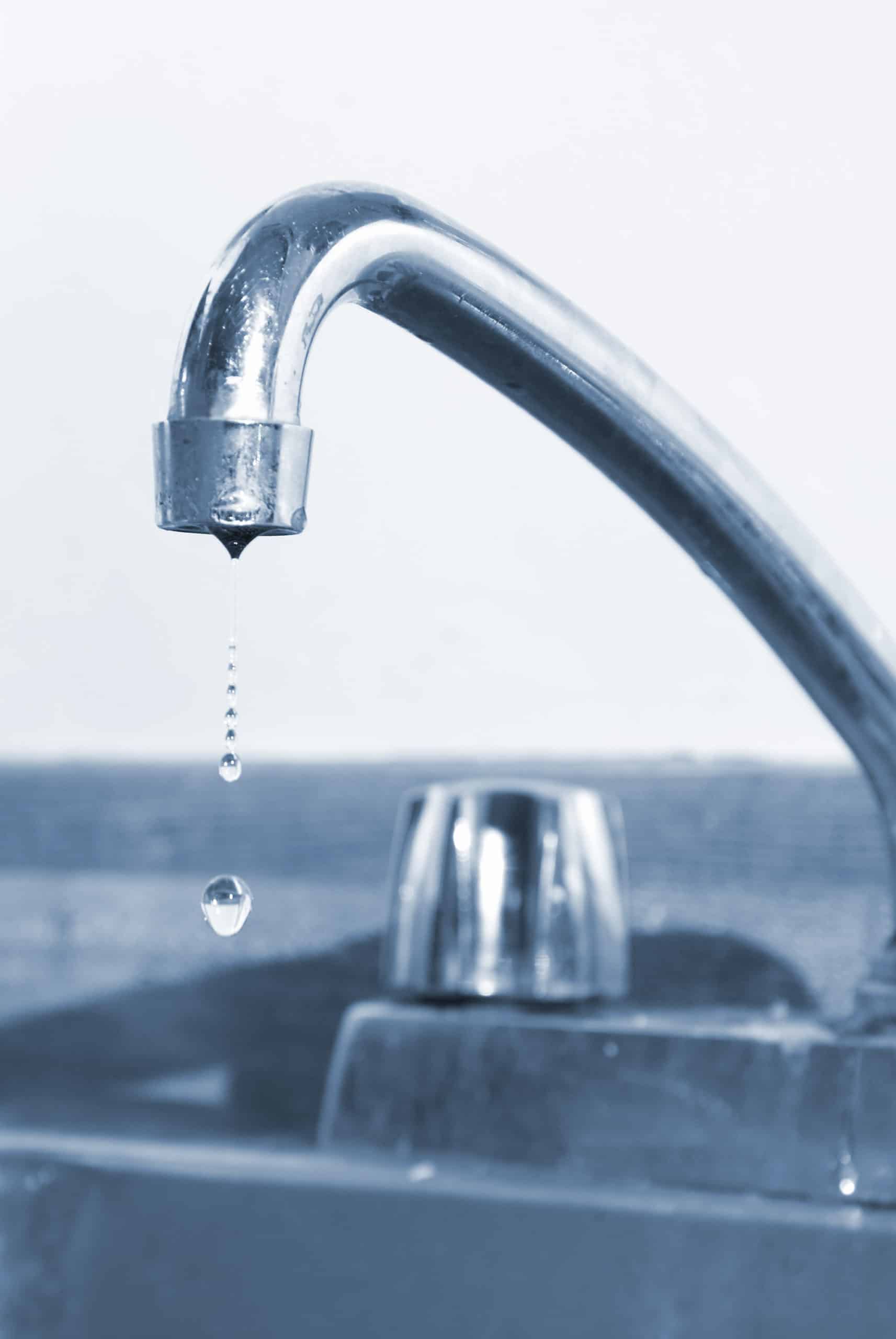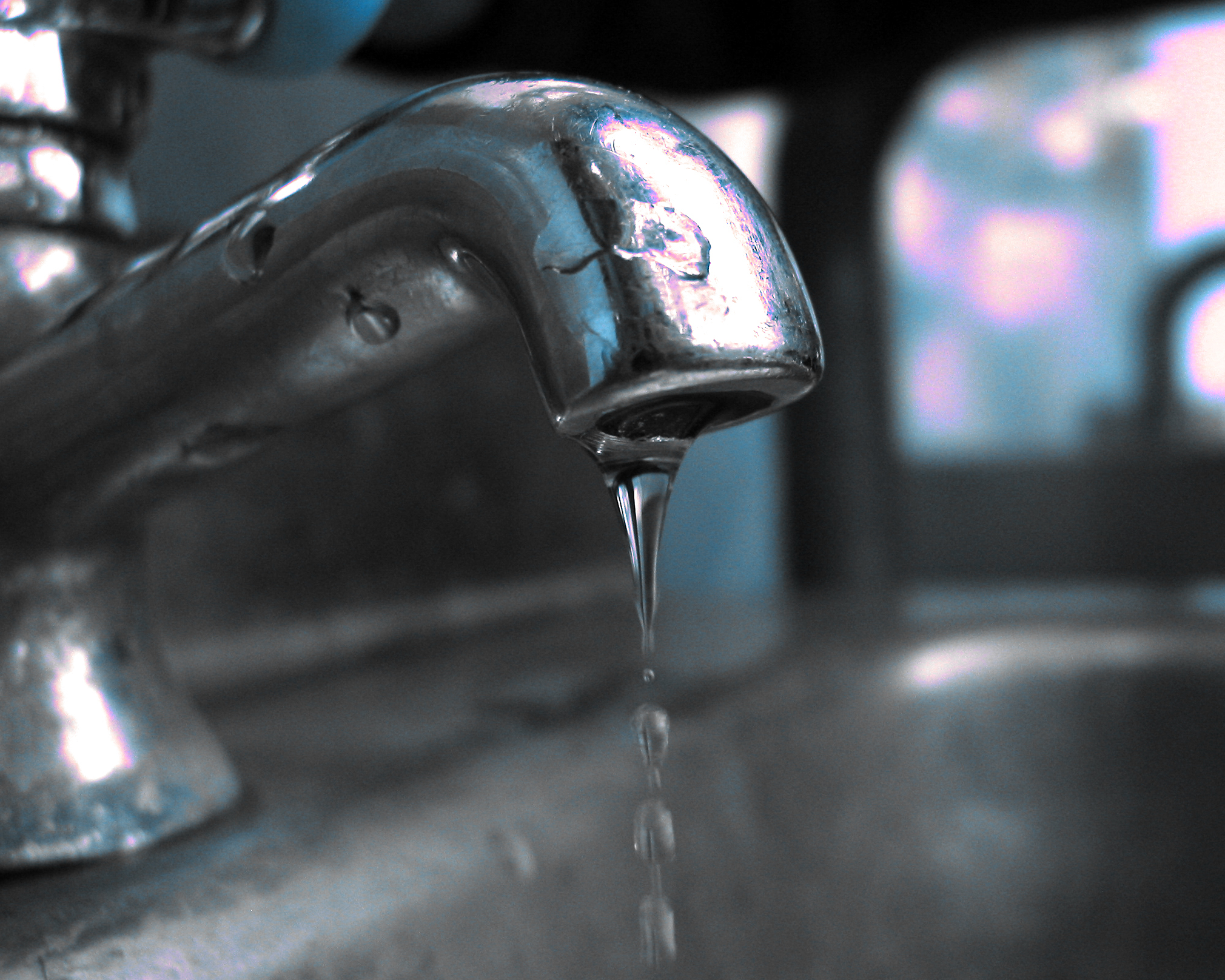My Upsides of Repairing a Dripping Faucet
My Upsides of Repairing a Dripping Faucet
Blog Article
Just how do you feel on the subject of 4 Common Reasons for a Leaky Faucet?

Leaking faucets might seem like a small aggravation, yet their influence exceeds just the inconvenience of the audio. From drainage to sustaining unnecessary financial costs and wellness threats, neglecting a leaking faucet can lead to numerous effects. In this post, we'll explore why it's critical to resolve this typical home issue without delay and successfully.
Waste of Water
Environmental Influence
Leaking faucets add substantially to water waste. According to the Environmental Protection Agency (EPA), a solitary tap leaking at one drip per second can waste greater than 3,000 gallons of water annually. This not just strains water sources however likewise impacts ecological communities and wild animals depending on them.
Step-by-Step Overview to Repairing a Dripping Faucet
Tools Needed
Prior to trying to fix a dripping tap, gather the essential tools, consisting of an adjustable wrench, screwdrivers, substitute parts (such as washing machines or cartridges), and plumber's tape.
Typical Tap Issues and Their Solutions
Determine the type of faucet and the details issue triggering the drip. Common troubles include damaged washers, corroded shutoff seats, or defective O-rings. Describe producer guidelines or online tutorials for detailed guidance on repair work.
Financial Prices
Increased Water Expenses
Past the environmental effect, dripping faucets can blow up water bills significantly. The gathered waste gradually translates into higher utility expenditures, which could have been prevented with prompt repairs.
Prospective Property Damage
In addition, prolonged leaking can cause harm to components and surfaces bordering the faucet. Water accumulation can trigger staining, deterioration, and also structural issues if left ignored, causing added repair costs.
Health and wellness Worries
Mold And Mildew and Mildew Growth
The continuous existence of dampness from a trickling tap creates an optimal atmosphere for mold and mildew and mold development. These fungis not just endanger interior air quality yet additionally posture wellness threats, specifically for people with respiratory system problems or allergic reactions.
Waterborne Conditions
Stationary water in trickling taps can end up being a breeding place for germs and other pathogens, increasing the risk of waterborne diseases. Contaminants such as Legionella microorganisms grow in stationary water, possibly causing severe health problems when ingested or inhaled.
DIY vs. Specialist Repair work
Advantages and disadvantages of DIY Repair Work
While some may try to deal with a leaking faucet themselves, DIY repairs feature their very own set of challenges. Without correct expertise and tools, do it yourself attempts can intensify the issue or bring about insufficient repair work, prolonging the trouble.
Advantages of Hiring a Professional Plumber
Working with an expert plumber guarantees that the underlying cause of the trickling faucet is addressed properly. Plumbing technicians possess the proficiency and tools to identify and repair tap issues successfully, saving time and minimizing the danger of further damages.
Ecological Responsibility
Specific Contribution to Preservation
Taking obligation for fixing leaking faucets lines up with broader initiatives toward water conservation and ecological sustainability. Every individual's activities collectively make a significant influence on preserving valuable resources.
Sustainable Living Practices
By focusing on prompt fixings and adopting water-saving routines, individuals contribute to lasting living practices that benefit both existing and future generations.
Preventive Measures
Normal Maintenance Tips
To avoid trickling faucets, do routine maintenance such as cleaning up aerators, checking for leakages, and changing worn-out parts quickly. Furthermore, consider mounting water-saving tools or updating to extra effective components.
Significance of Prompt Repair Works
Resolving trickling taps as soon as they're observed prevents additional water wastefulness and possible damage, eventually conserving both water and cash in the future.
Impact on Building Value
Perception of Well-Maintained Residential Property
Keeping a residential property in good condition, consisting of addressing maintenance issues like trickling faucets, enhances its perceived value and value among prospective purchasers or occupants.
Impact on Resale Worth
Properties with well-kept plumbing fixtures, including faucets, command higher resale values in the realty market. Dealing with leaking taps can add to a favorable impact throughout property inspections and negotiations.
Verdict
Addressing a trickling tap surpasses simple comfort; it's a necessary step toward conserving water, decreasing financial costs, and safeguarding wellness and building. Whether via do it yourself repair services or expert assistance, taking action to deal with leaking faucets is a tiny yet impactful means to promote liable stewardship of sources and contribute to a healthier, more lasting future.
How to Fix a Leaky Faucet: Step-by-Step Repair Guide
A leaky faucet may seem like a simple annoyance, but if it's not fixed promptly, that leak could cost hundreds to potentially thousands. From water damage to mold, mildew, and high water bills, even a tiny leak can be catastrophic if left unattended. Damage like this can even affect the overall value of your home, so it's important to take the right approach for leaky faucet repair. You may need the help of a plumber in some cases, but we've got a few tips you can try on how to fix a leaky faucet before calling the pros.
Four Faucet Types
When you're learning how to fix a leaky faucet, the first step is knowing what kind of faucet you're working with! There are four common types.
Cartridge Faucets
Cartridge faucets come in one- or two-handled varieties. In one-handled cartridge faucets, hot and cold water combines in a single cartridge. In the two-handled versions, hot and cold water are controlled separately and mixed in the faucet.
Ball Faucets
Ball faucets have a single lever you push up and down to adjust the pressure and rotate to change the temperature. A slotted metal ball controls the amount of water allowed into the spout.
Compression Washer Faucets
They're the oldest type of faucet, but they're still used in many homes — especially older ones. Compression faucets have two separate handles that, when turned, raise or lower the washer that seals a water valve. This valve stops water from flowing through the faucet when it is turned off.
Disc Faucets
Disc faucets rarely need to be repaired due to their maintenance-free design. The water flow is controlled by two discs — the upper one raises and lowers against a fixed lower disc, creating a watertight seal. If your disc faucet starts leaking, you may need to replace the seals or clean residue buildup from the inlets.
Fixing a Leaky Faucet
Step 1: Turn Off the Water
Whether you're learning how to fix a leaky bathtub faucet or how to fix a leaky kitchen faucet, always turn off the water supply to your working area when you're fixing a leak. The last thing you want is a flood added to your list of things to fix.
Look for the shutoff valves below your sink or around the tub and turn them clockwise to stop the water flow. If your faucet doesn't have shutoff valves, you may need to turn off the water for the whole house. Check to make sure it's off by turning the faucet on. If nothing comes out, you're ready to start the repair.
Step 2: Take Apart the Faucet
How you disassemble your faucet depends on the type of fixture you have. You can use a flathead screwdriver to remove the caps on top of the handle or handles for cartridge and compression faucets. Inside, you should see handle screws. Unscrew these with a screwdriver to remove the handle.
Disc- and ball-style faucets will typically have an inlet screw near the handle, and removing that will reveal the interior of the faucet.
Detach the Valve Stem
For cartridge- and compression-style faucets, you'll see the inner valve stem or cartridge once you remove the faucet handles. If you have a compression faucet, unscrew the brass valve stem. If you have a cartridge faucet, pull out the cartridge. If your cartridge has been in place for a while, it may require some tools or extra force to remove it due to mineral deposits.
Examine and Replace Parts
Once you've removed the parts, check them out to confirm what needs to be replaced. You may see corroded rubber washers, O-rings, stems, or cartridges. On a ball-style faucet, check the seats and springs for damage.
If you need to repair a leaky disc faucet, check the inlet and seals on the lower disc.
Once you determine what parts must be replaced, visit your local hardware store. Bring the damaged parts with you to ensure you can purchase the correct components to replace them.
Clean Valves and Faucet Cavity
If you've removed a stem or cartridge, you may notice mineral buildup in the faucet's threads. Use white vinegar to clean the valve seat by soaking it for a few minutes, then scrub it away with a soft toothbrush and rinse with warm water. You can also clean the interior of the faucet in the same way.
Reassemble the Faucet
Once your faucet is cleaned and the required parts have been replaced, it's time to reassemble it. Put the pieces back together and slowly turn the water supply back on. Doing this slowly is crucial because too much initial water pressure can damage the new hardware you've just installed.
https://homewarranty.firstam.com/blog/how-to-fix-leaky-faucet

As a passionate reader about Why Is It Important To Fix Your Leaking Tap/Faucet?, I think sharing that piece of writing was important. Enjoyed reading our write up? Please share it. Help others find it. Thank-you for your time spent reading it.
Report this page